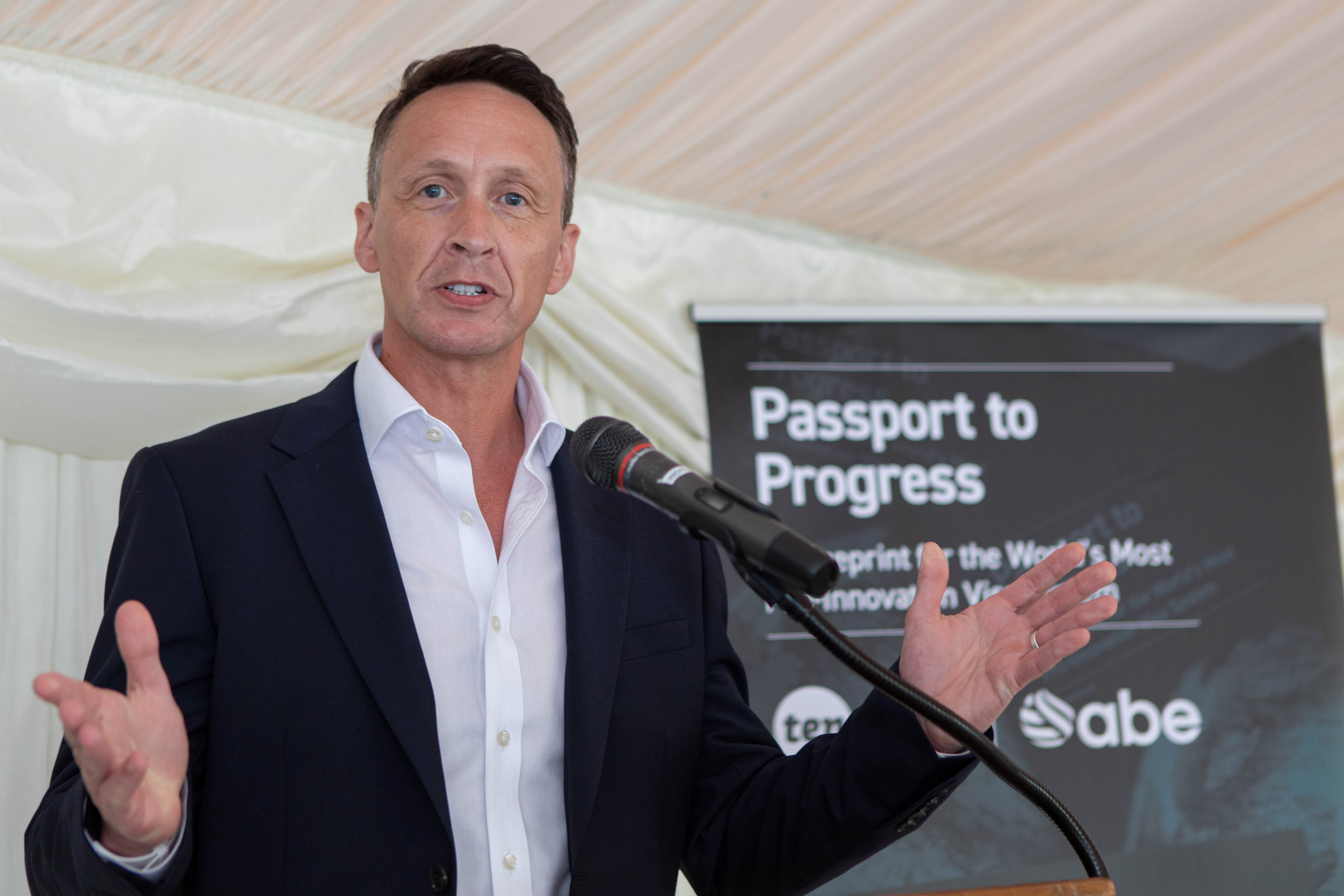Following the Westminster launch of the report Passport to Progress produced by The Entrepreneurs Network, ABE Chief Executive, Rob May writes about the issues in the UK, which led to its publication and how the policy recommendations made in the report can help all governments compete for global talent to encourage economic growth through innovation.

Recently, in the UK the central relationship between immigration and innovation has come under attack. Motivated by desires to limit headline net migration figures, the positive effects of immigration have become entangled in a political agenda and provocative populist rhetoric that seems to suggest that immigration is damaging to national progress. This is reflected in a visa policy that now lags behind many other countries in terms of attracting talent.
Although humanity is locked in almost 200 distinct countries, human societies have always interacted intensely, as ideas, talent, and enterprise flow to where they can have the most impact. Innovation has never come from one source, nor should we expect it to.
A new report Passport to Progress from leading business groups and produced by public policy think tank The Entrepreneurs Network shows that talent shortages and reduced opportunities for innovation mean that to grow economically countries will need to attract the best minds and innovators from the global talent pool. Those countries that fail to do this risk economic stagnation and managed decline. Business leaders who attended the report launch with Lord Bilimoria, the Founder and Chairman of Cobra beer and former President of the CBI, himself an immigrant, voiced their growing concerns that Britain was losing the global scramble for talent.
The report argues that exceptional graduates from overseas should be granted permanent UK residency on the day they graduate. It goes on to conclude that the visa sponsorship system in the UK disproportionately benefits big companies over smaller ones because of the bureaucracy and cost involved, and it discourages talented migrants from launching their own businesses in Britain.
The other recommendations put forward include an exemption from the UK’s migration caps for international students from top overseas universities, and abolishing the requirement for employer sponsorship for highly skilled individuals as this only benefits large organisations and excludes SMEs and start ups who do not have the resources to act as sponsors. For most international students their vision extends beyond education; they have global ambitions, they want to be able to ‘arrive and thrive’ in their host country, not merely to learn and leave as a fleeting ‘dollar sign’ but to put their education and skills to use in the economy of the country which welcomes them. They desire to actively contribute to the story of their host nation as employers, leaders, inventors, and entrepreneurs, and to forge stronger commercial links between their hosts and their homeland.
To harness the potential of migration, however, requires a strategic political framework capable of channelling this cross-border energy into long-lasting outcomes. Regrettably, many of these bright and enterprising migrants are now deterred, wary of becoming collateral damage in the crossfire of domestic politics. This disillusionment is exacerbated by the reversal of initiatives meant to facilitate naturalisation and establish the stable personal foundations from which professional success can flourish. Most worryingly of all, homegrown anti-migration attitudes are re-surfacing at a time of stagnating economic growth, ecosystem damage, and technological disruption. Compared to countries such as Canada and Australia, the UK’s student visa system falls short of providing a welcoming invitation to the brightest and best.
Talent migration must mean more than a three year degree. It is a long-term investment. I would like to see an easier route to permanent residency for international graduates who go on to work or start businesses, more scholarships to give exceptional international students from less affluent backgrounds the opportunity to study at top UK universities, a proactive government taskforce to recruit immigrant scientists, engineers and entrepreneurs, and better incentives for immigrant founders to start businesses in the UK. Despite politicians’ fears of grabbing the immigration nettle, most people I talk to in daily life have a good understanding of the different types of innovation and are in favour of high-skilled immigration. Britain is after all, a diverse, multi-cultural and thriving society because of immigration. They also realise that official immigration statistics are puffed-up by international student figures. I hope that as the political parties build their platforms for 2024 they focus on a sensible and competitive approach to visa policy design, one which reframes the vital link between immigration and innovation.
Follow: #Passport2Progress on your preferred social media network
Membership offer from The Institute of Leadership
Our parent company, The Institute of Leadership (IoL) is offering ABE graduates, from Level 5 upwards, the opportunity to become an Institute Member at a price exclusively for ABE qualification holders. Read more.
